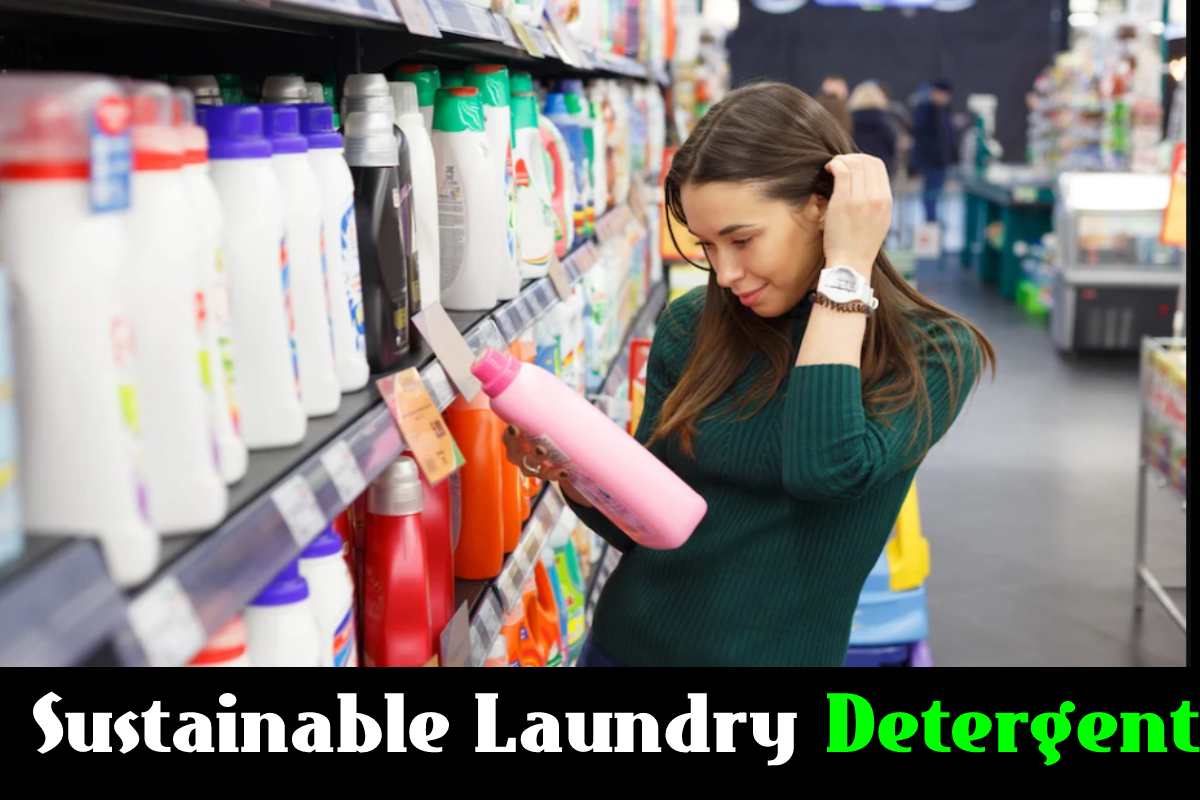Sustainable Laundry Detergent: When it comes to cleaning products, there is not much new. The soaps we use daily for cleaning are always the same: powder soap, bar soap, coconut or glycerin, and dishwashing detergents. There is no way to guarantee that we are using cleaning products without harming nature, but there are simple ways to make the best choices. Without a secret, we can make wiser choices when shopping and avoid some dangers to the environment.
eCycle now shows you how to make the best choice when purchasing your detergent, washing powder, or stone soap.
Table of Contents
Sustainable Laundry Detergent
All sustainable laundry detergent in Brazil must, by law, contain a biodegradable surfactant, since 1982, by the supplies of the National Health Surveillance Agency. By definition, a surfactant is a synthetic substance use in the manufacture of cleaning products and cosmetics, which causes the joining of substances that, in their natural state, would not mix, such as water and oil. When we choose which detergent to take home, this is an aspect that we should sustainable laundry detergent
no longer worry about. However, suppose we intend to consume it in the best possible way. In that case, it is good to remember that sustainable laundry detergent containing animal fat or vegetable oil is better than those using petrochemical substances. First, they use renewable raw materials instead of oil. In second place,
Washing Powder
This cleaner is tricky. It is indispensable for consumption and must leave its white clothes to be good. But that’s precisely why soap powder is the most polluting product. In addition to having complicated subtitles and not being requir law to be biodegradable, this type of soap still carries chlorine-based bleaches. For soap to be biodegradable. It must show the term “linear” on the label amid several complicated names and the indication biodegradable surfactant. Therefore, in this case, the best choice is the product with a straight chain, which does not use phosphate or any bleaching agents.
Sustainable Laundry Detergent
It’s also worth noting the fabric. Synthetic textiles retain smells longer and must will wash more frequently than natural fibres such as wool, merino. And linen, which are inherently antibacterial and antimicrobial.
Because most of my clothing will make of natural fabrics, I don’t have to worry about microplastics in the wash and don’t have to wash as frequently—what a win-win situation.
So, consider fabric composition if you’re shopping for a new thrift store find or a sustainable fashion company.
Avoid using microplastics.
Microplastics are also a significant problem in the laundry: Every time you wash your synthetic clothing, microfibers will release into our rivers. Therefore. A Cora Microfiber Laundry Ball is a significant investment: It will construct of recyclable plastic and mainly intends to capture microfibers.
Wash less: Only wash your clothing when soiled, not after each wear. The average American does four to five loads of laundry weekly. Which wastes a lot of water. May smell socks, underwear, and particularly sweaty training clothes after one day, but everything else.
If my blouse or dress does not stink, I just let it air overnight before hanging it up. Allowing garments to air out allows oxygen to surrounding the item, keeping the fabric fresh and ready to place back in a drawer or closet.
Stone Soap
Observing the surfactant and raw materials is fascinating in the case of stone soap. We must always give preference to products that use renewable components. We have already comment on the reason for this care, and we always have to think that the more artisanal the product. The potentially less aggression to the environment. So, nothing like making your soap. So, in addition to taking advantage of the old used oil from home. We can still use a product that we are sure of what it will make of. The most significant thing is to keep the PH neutral so that there is no change in PH in the water that receives your waste.

